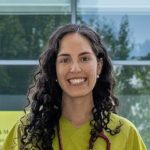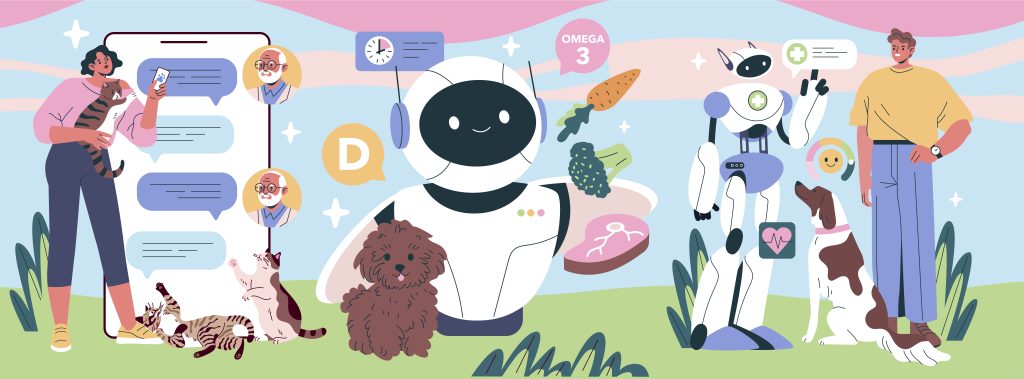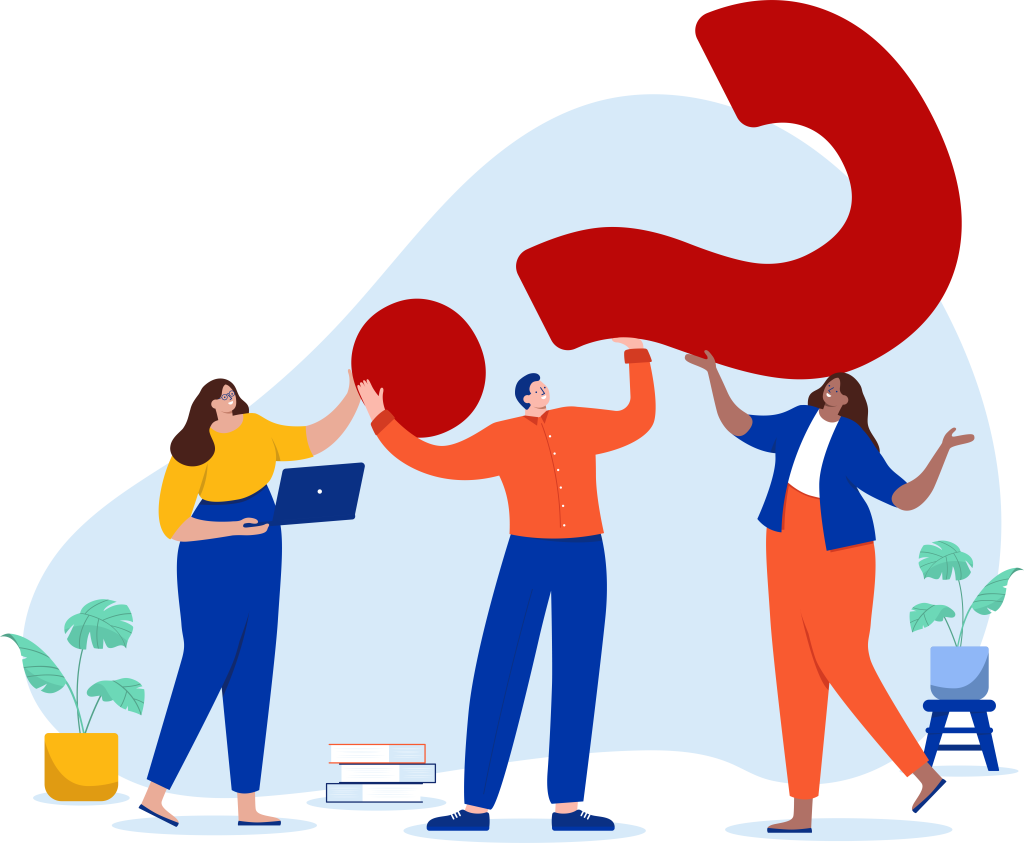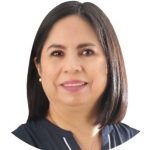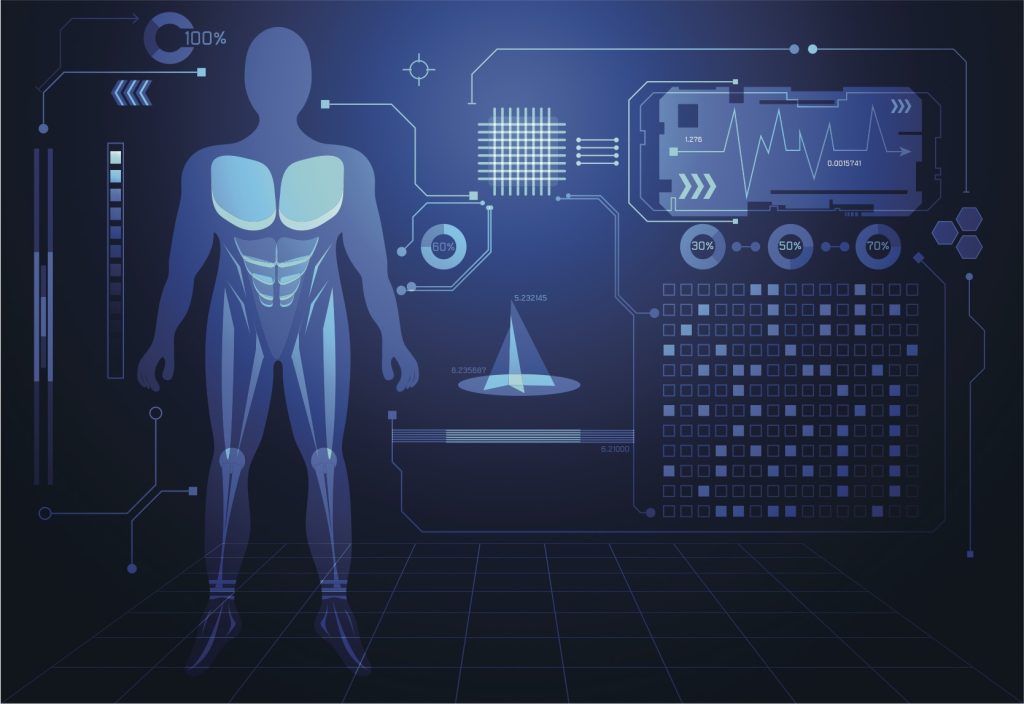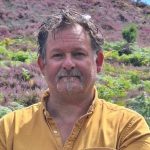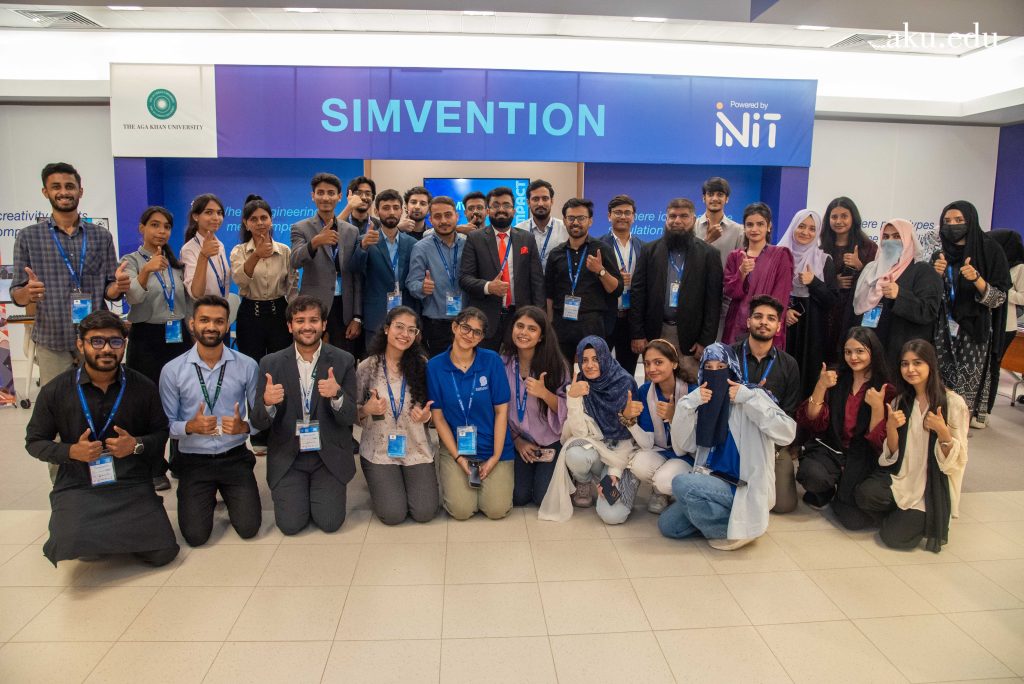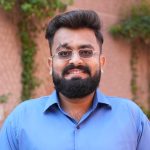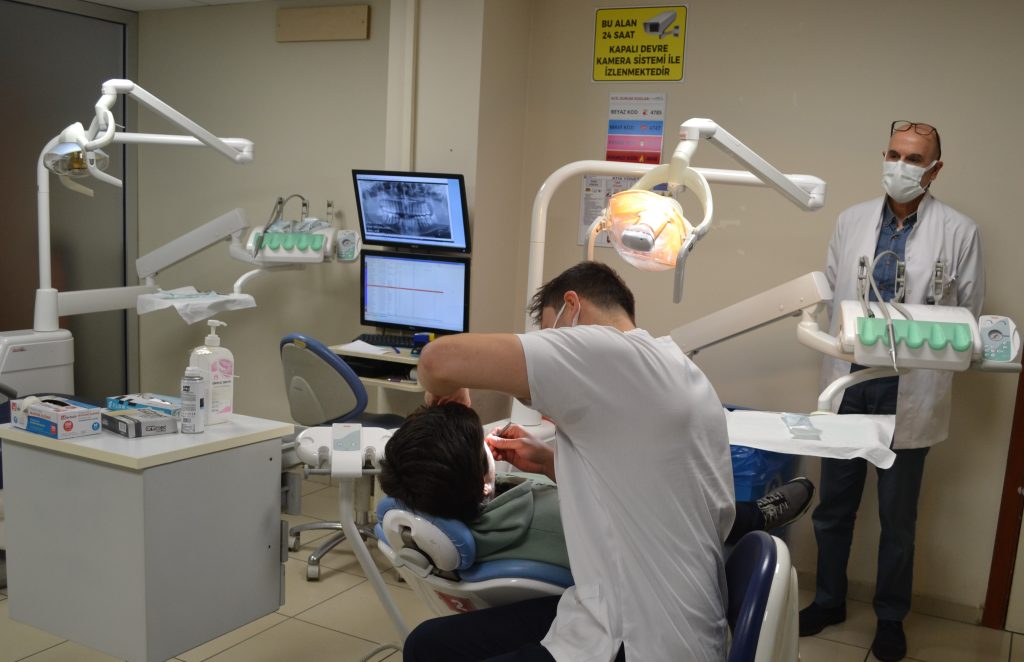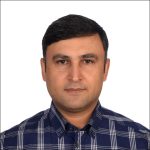From a chance meeting at SIMUniversity to a thoughtful exchange on career paths and personal values, this article captures a candid conversation between a senior academic and a young medical student. Together, they reflect on the impact of simulation training, the weight of early career decisions, and the importance of sustainable work-life balance in medicine.
The first encounter took place in Porto in December 2023, during the 20th anniversary celebration of SIMFMUP, the medical simulation center of the Faculty of Medicine of the University of Porto. At the time, Joana and her teammates were preparing for the national round of the SimUniversity competition organized by the Society for Simulation in Europe (SESAM), while a guest lecturer was invited to speak at the event. A second meeting occurred in June 2024 in Prague, at the annual SESAM conference, where Joana’s team went on to win the international competition, and the same speaker delivered the keynote address marking the society’s 30th anniversary. In March 2025, back in Porto, what began as a casual conversation between them soon evolved into a deeper and more reflective dialogue.

W. What was your reason for choosing medicine?
J. I wanted to become a doctor ever since my grandfather passed away. He died in the ICU from pulmonary fibrosis when I was seven years old, and I remember my parents saying that there was nothing more the doctors could do to help him. From that moment on, I dreamt of studying medicine to understand his illness, find a cure, and help others so that no one else would ever have to hear that nothing more could be done. After a detour via dental medicine, I was accepted at FMUP. Over the years, I came to understand the idealistic nature of my childhood dream, but my passion for research only grew stronger. Since my third year, I have been part of a group studying the cardiovascular impact of endocrine diseases within the Department of Physiology and Surgery, where I also had the opportunity to teach physiology.
W. That is a solid motivation! Any idea about the specialty you would like to pursue?
J. I am drawn to intensive care and to emergency medicine. Participating in the SimUniversity competition had a profound impact on my academic and personal journey. I became a BLS instructor. It is a great privilege to teach others how to save lives! Currently, I am focusing on my clinical rotation and preparing for my final exam. But this decade in dentistry and medicine has left its traces. Intensive care and emergency medicine are highly demanding fields, that require significant personal sacrifice. I may consider a specialty that allows for a better work-life balance, but reaching a firm decision is challenging.
W. I am pretty happy with my own work-life balance and if you want to you can read more about that in my autobiography, but I am not a medical doctor. However, there are several doctors in my close family and I can try to summarize their path from the work-life balance perspective.
J. Please, go ahead!
W. Well, my brother, born in 1963, just 14 months after me, followed in my parents’ footsteps and studied medicine. After two years in a surgical residency program that did not get him closer to becoming a surgeon he left that path and went to the pharmaceutical industry. For six years he even had his own company with up to 23 employees. He has two grown up kids, but divorced their mother. He is a workaholic and enjoys making and spending money. He travels a lot, also as a tourist, and has played a decent game of tennis for most of his life. He is now trying to get a contract with a publisher to translate a philosophy book from French to Dutch.
J. Interesting. Are the two of you close?
W. As children we fought over toys and vied for our parents’ attention, but now we are very close. Our father was born in 1928 and wanted to study electrical engineering: as a teenager he fixed up old radios to replace the ones confiscated by the German forces that occupied the Netherlands in WWII, but his mother did not find engineering prestigious enough, and made him attend medical school. He became an OBGYN and worked 70-hour weeks. He had many interests, but no time to engage in them. Because he worked part of the time from home we did see him quite frequently. Work pressure related stress probably kept him from getting rid of his tobacco addiction. He got his first cigarettes from the American and Canadian soldiers who liberated his area. He died from lung cancer during my first months in my electrical engineering studies. He would have been very surprised, and happy for me, that I am now a professor of OBGYN and Pediatrics.
J. It is interesting to see how work-life balance, or the lack of it, shaped their journeys. I remember you mentioning that there are two female doctors in your family as well. I would love to hear how they managed their work-life balance throughout their careers. This is something I have been reflecting on while considering my own future.
W. My mother was born in Surabaya on the Indonesian island of Java in 1933. Indonesia was a Dutch colony at the time. She postponed her residency plans until much later in life to raise three energetic kids without much help from her husband, and became a part-time school doctor first. When my brother and I had left home to study, and our sister got ready to do the same, she went back to university to study youth medicine, then a brand new specialty. A week after getting her degree she died in a traffic accident at age 53. She had a very sunny, outgoing personality, and provided practical and emotional support to many. You would not have guessed that as a kid she spent two and a half years in a Japanese concentration camp on Java during WWII.
J. Wow, that shows remarkable determination! What about the second female doctor?
W. My maternal grandmother, born in 1902, wanted to study theology, but could not do so because she did not have Latin and Greek in high school. Her second option was theatre, but her father disagreed with that choice. It became medicine, like two of her brothers. About a century ago, she accompanied a professor to Indonesia to do her radiology residency, and got her first work experience there. WWII hit, and the Japanese invaded the country. After the war the family moved back to the Netherlands and mostly thanks to my grandmother’s job and income recovered from the hardships. At close to 70 she became a lay preacher in Protestant churches around the country, which she did for about two decades. She, rather openly, had girlfriends before meeting my grandfather, and after he died. I wrote my first book about her.
J. What a testament to resilience and the ability to reinvent oneself, despite life’s unpredictability. Particularly meaningful at this stage of my journey. Several faculty have reminded our team that while we should focus on the exam, we shouldn’t see it as something that defines the rest of our lives. They emphasize repeatedly that even after selecting a specialty, the choice does not necessarily have to be final unless we decide so. That perspective was reassuring and aligns perfectly with the examples you gave.
W. That certainly matches the experience of my son who trained as a psychologist, but then decided to become an acrobat. I am not allowed to tell you which superhero he interprets at Disneyland Paris, but it involves wearing a red and blue costume.
J. I still find it difficult to establish the right balance between wanting to push myself to do extraordinary things and embracing a more sustainable pace, but I do believe that somewhere along the way, I will find my path. I truly appreciate you taking the time to share these inspiring stories!
W. You have to make that choice of course, but my mind is made up on that. I have seen people pushing themselves to do extraordinary things. Some failed, and became deeply frustrated, others succeeded, but are still unhappy about the things they did not yet achieve or had to sacrifice along the way. For myself, I definitely prefer the sustainable pace and let people and projects (and positions and money) come my way. OK, I sometimes look for people, or initiate projects. Then I execute with curiosity and enthusiasm. I either finish a project, or if it stalls, I move on, often to another country or continent. I strongly believe that this approach increases, rather than reduces the probability that extraordinary things happen, and if they don’t happen in the professional realm that is OK too. It is a bit puzzling to me that my amateur double bass playing gives me as much satisfaction as my international level R&D. Income wise, the latter is more reliable. You are on a path already, and it is quite impressive. Keep going! And keep me posted. We’ll reconvene after your exam.
J. Thank you for sharing your experience and insights, professor! I truly value the reminder that balance is key, and that a sustainable pace can lead to success in ways one might not initially expect. It is nice to hear that you find fulfillment in both your professional and personal pursuits!
W. Thank you Joana, I get as much out of this as you do! And please, call me Willem so that I don’t feel like I am 130 years old.
J. OK professor! Just kidding, OK Willem.
READ ALSO


